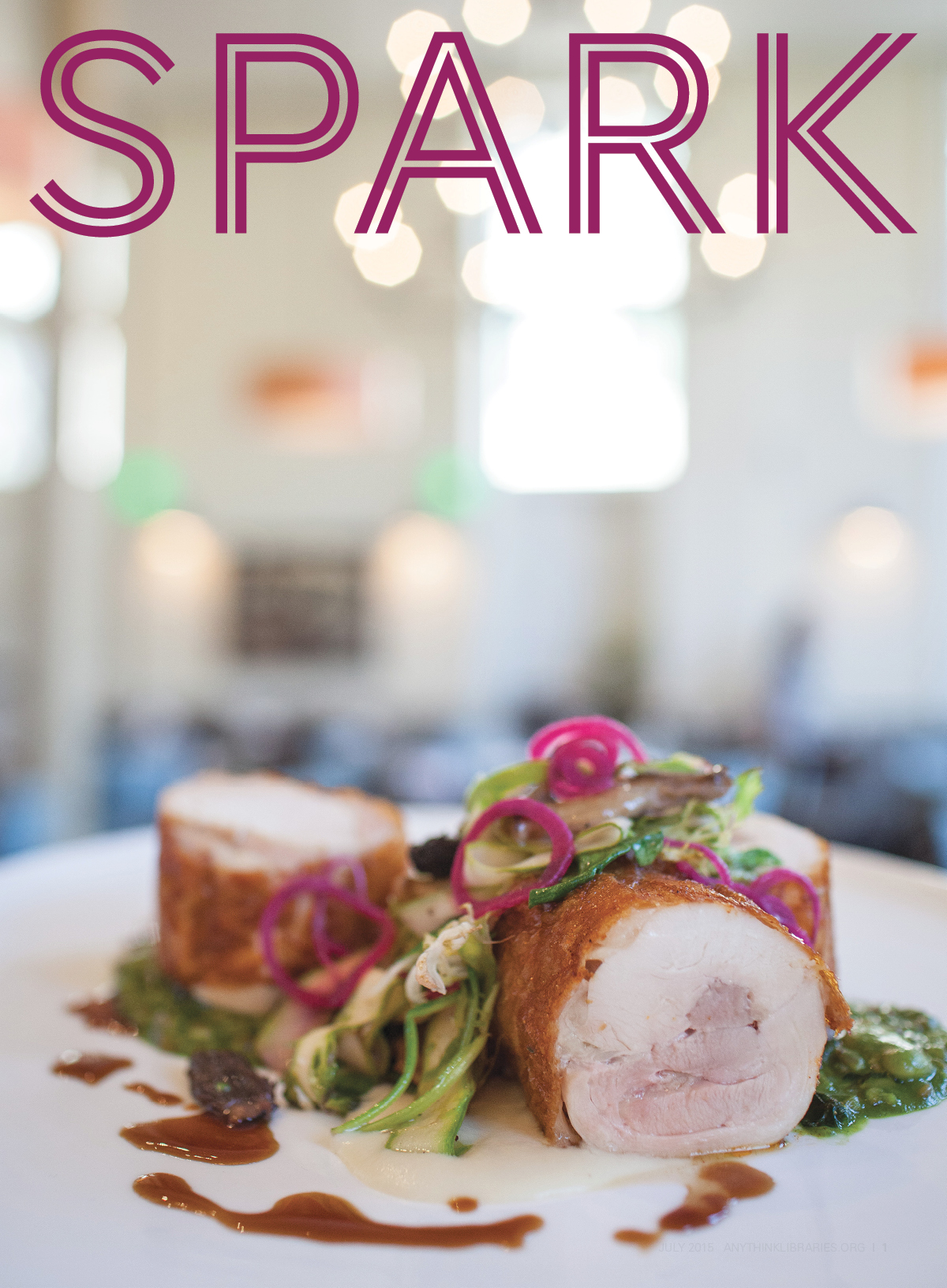Growing new roots

Gardens help refugees adjust to a new life
Between language barriers, differing economic systems and new cultural customs, adjusting to life in a foreign country can be a difficult journey. For refugees, resettling in a new land can include even more challenges.
In 2014, Colorado became a new home to 2,287 refugees, the majority of whom are resettling in the Denver metro area from countries like Burma, Iraq, Bhutan and Somalia.
Individuals that meet the officially designated refugee status – the current Presidential Designation will allow up to 70,000 refugees to resettle in the United States in 2015 – can come from a variety of countries and backgrounds, but all have experienced fear of persecution based on their race, religion, nationality, social group or political opinions. Many have experienced war and other traumas.
 To help meet the needs of this particular group of individuals, several organizations have stepped up to offer specialized help. Denver’s Emily Griffith Technology School offers an English as a Second Language course geared just toward refugees. Similarly, in 2013, the University of Colorado School of Medicine opened the Colorado Refugee Wellness Center in Aurora, Colo. The center helps treat refugees while also teaching medical students about global health needs.
To help meet the needs of this particular group of individuals, several organizations have stepped up to offer specialized help. Denver’s Emily Griffith Technology School offers an English as a Second Language course geared just toward refugees. Similarly, in 2013, the University of Colorado School of Medicine opened the Colorado Refugee Wellness Center in Aurora, Colo. The center helps treat refugees while also teaching medical students about global health needs.
But beyond vital needs of healthcare and language, Denver Urban Gardens has helped refugees transition to life in the United States through a different means – gardening.
“We have seen that immigrant and refugee families are really excited by the idea of gardening,” says Denver Urban Gardens Director of Development & Communications Rebecca Andruszka. “For some, it is certainly to help supplement their food budgets as they establish employment, but others are just used to gardening and farming – they enjoy it, it gives them confidence, and it helps feed their families.”
In 2006, Denver Urban Gardens established the New Freedom Community Garden in east Denver. Almost all plots at New Freedom Community Garden are maintained by refugees who have resettled in the park’s surrounding neighborhood. Since the garden’s implementation, the surrounding vacant lot has grown to become a full-use park for the neighborhood. With the help of The Trust for Public Land, Denver Parks and Recreation, the Colorado Health Foundation and other non-profit and neighborhood residents, kids now have a space to play while families can connect and learn from one another in the gardens.
“Immigrants and refugees from rural and agrarian areas become the experts, the teachers, in the gardens, when in the rest of their life they are struggling to learn how to fit into a brand new culture,” notes Andruszka.
For some, this means growing produce from their native countries that might otherwise be more difficult to find, like bok choy. It’s through this cultivation of food and community that many Denver-based refugees are learning to start anew.
“Establishing a new life in a new country is an enormous endeavor, especially if you are escaping a bad situation,” says Andruszka. “The community garden offers therapy, a way to meet neighbors who might have a different background, and can reconnect you with your home by growing familiar produce.”
Send your feedback and questions to ithink@anythinklibraries.org.

